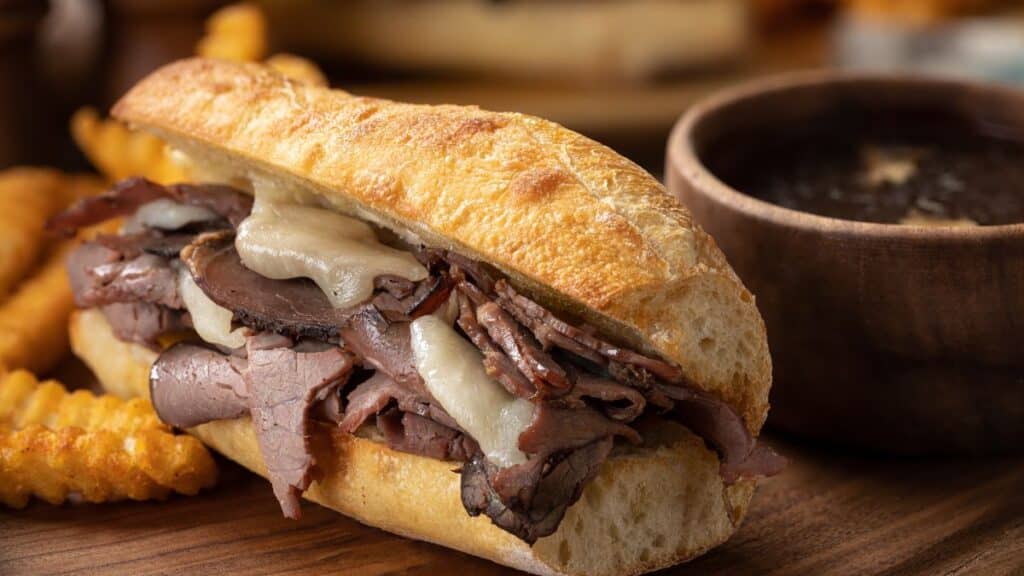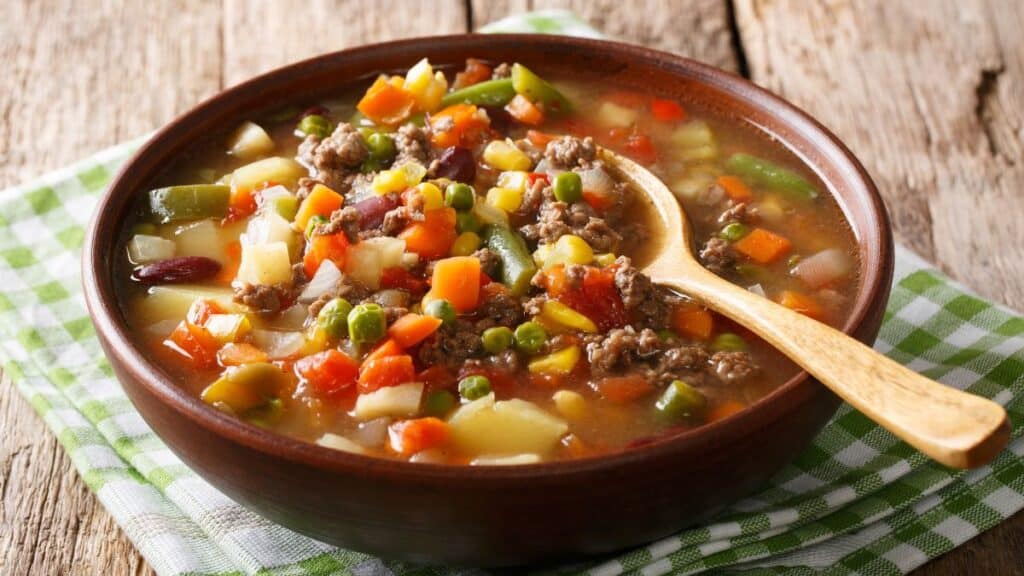Groceries are one of the easiest places to overspend without realizing it. A few small habits and brand choices can quietly double your total at checkout. After taking a closer look at what I was buying, I found ten common items that weren’t worth the money. Cutting them out made a huge difference in both my budget and how I shop.
Pre-Cut Fruits and Vegetables

They save a few minutes, but you pay for the convenience. Pre-cut produce costs significantly more than whole fruits and vegetables. Taking ten minutes to wash and chop your own saves several dollars per item. It also keeps food fresher longer and reduces waste.
💸 Take Back Control of Your Finances in 2025 💸
Get Instant Access to our free mini course
5 DAYS TO A BETTER BUDGET
Single-Serve Snacks

Individually packaged chips, nuts, and cookies add up fast. Buying larger bags and dividing them into reusable containers costs less and creates less trash. You still get the same quick snacks, just without the markup for packaging.
Bottled Water

Paying for water in plastic bottles is one of the easiest expenses to eliminate. A good water filter and reusable bottle can save you hundreds each year. It is better for your wallet and the environment, and the water tastes just as good.
Name-Brand Pantry Staples

Most store-brand versions of rice, pasta, and canned goods are nearly identical in quality. Switching to generics shaved several dollars off every trip without any noticeable difference in flavor. Once you make the switch, you will wonder why you paid extra for a label.
Pre-Made Sauces and Marinades

Bottled sauces are convenient, but many are full of sugar and sodium. Making your own with pantry basics like olive oil, garlic, and herbs takes just a few minutes. It tastes fresher and costs much less over time.
Expensive Coffee Pods

Those single-use pods are quick, but they are not cheap. Brewing a full pot or using a reusable pod cuts costs dramatically. Buying ground coffee or beans in bulk also gives you better flavor for a fraction of the price.
Deli Meats and Pre-Made Sandwiches

Deli meats are some of the most expensive items per pound in the store. Roasting your own chicken or turkey and slicing it at home saves money and reduces preservatives. Packing your own sandwiches for the week can cut your lunch costs in half.
Sugary Drinks and Juices

Sodas and bottled juices offer little nutrition and take a big bite out of your grocery budget. Water, iced tea, or fruit-infused water are cheaper and healthier. Cutting them out not only saves money but also makes room for more nutritious choices.
Packaged Baked Goods

Store-bought muffins, cookies, and pastries are often overpriced and packed with additives. Baking at home costs much less and gives you control over ingredients. Plus, fresh baked goods taste better and can be frozen for later use.
Specialty Convenience Foods

Frozen breakfasts, microwave bowls, and pre-cooked meals seem helpful but are some of the most expensive items per serving. Cooking simple meals from scratch takes only a bit more time and can cut your total grocery bill dramatically. Planning ahead for busy days makes skipping these products much easier.
Spending Less Without Feeling Deprived

Eliminating these items did not make grocery shopping harder. It made it smarter. Buying fewer convenience foods and brand-name items gave me more room in my budget for fresh ingredients and better-quality staples. Small changes at the store added up to big savings each month, proving that mindful shopping really pays off.
13 Industry Secrets Grocery Stores Use To Make You Buy More

Grocery shopping can feel like a chore, but it’s also full of clever ploys designed to get more money from you than you realize. Stores are pros at getting you to buy more than you planned, often without you even noticing. Here’s how they do it—and how you can outsmart them. 13 Industry Secrets Grocery Stores Use To Make You Buy More



